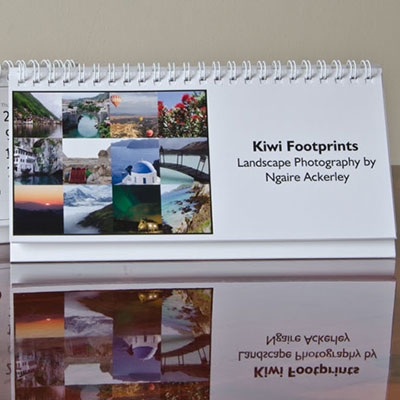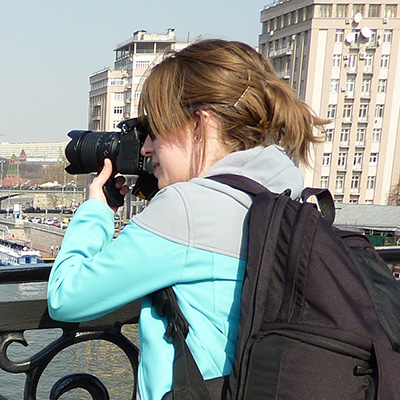Blog Posts Tagged: Narrative Photography
-

Narrative Photography, Part 4: Photographic Inquiry
13 Dec 2012
Photographs can influence an audience to view something differently. An audience’s culture is not the only consideration to how a photograph is interpreted. Composition and context can often alter the interpretation of a photograph, even without computer manipulation. … Read more about Narrative Photography, Part 4: Photographic Inquiry »
-
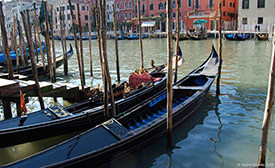
Narrative Photography, Part 3: Denotation, Connotation and Visual Semiotics
25 Nov 2012
After a busy few months, I thought it was about time to follow up from my last blog post about Narrative Photography: Communication through photography. This month I’m sharing the portion of my thesis that looks into ways people interpret photographs a bit more. … Read more about Narrative Photography, Part 3: Denotation, Connotation and Visual Semiotics »
-

Narrative Photography, Part 2: Communication through photography
27 Aug 2012
The human verbal language is not necessarily the primary form of communication. When people are young they see and hear before learning to speak. In terms of language, the visual language is the first known form of communication through seeing and interpreting. … Read more about Narrative Photography, Part 2: Communication through photography »
-

Narrative Photography, Part 1: Background
17 Jul 2012
If a photograph does not capture an audience’s attention they will not take the time to read additional text. This is why it is important that images have strong narratives, so that they do not rely on text to communicate on their behalf. … Read more about Narrative Photography, Part 1: Background »
-
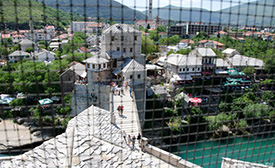
War in Bosnia and Genocide in Srebrenica: A photographic narrative
26 Jun 2012
The Bosnian war affected many areas within Bosnia and Herzegovina through 1992 to 1996. Sarajevo experienced a siege for over three and a half years and Srebrenica was affected by a massacre that was the worst atrocity in Europe since the end of World War II. … Read more about War in Bosnia and Genocide in Srebrenica: A photographic narrative »
-
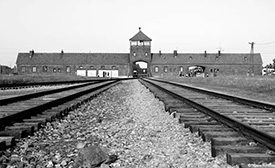
Auschwitz: photographing history and its terror
31 May 2012
Auschwitz was the largest Nazi German concentration camp and death camp. In the years 1940-1945, the Nazis deported at least 1,300,000 people to Auschwitz. I recently travelled to Poland to further experience history for all its cruel and tortuous ways. … Read more about Auschwitz: photographing history and its terror »
-
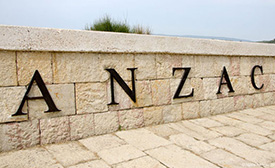
Anzac Day: A tale from Gallipoli
25 Apr 2012
Every year April 25 stands out for most New Zealand and Australian people. It marks Anzac Day, the Day the Australian and New Zealand Army Corps landed at Gallipoli in 1915 … Read more about Anzac Day: A tale from Gallipoli »


